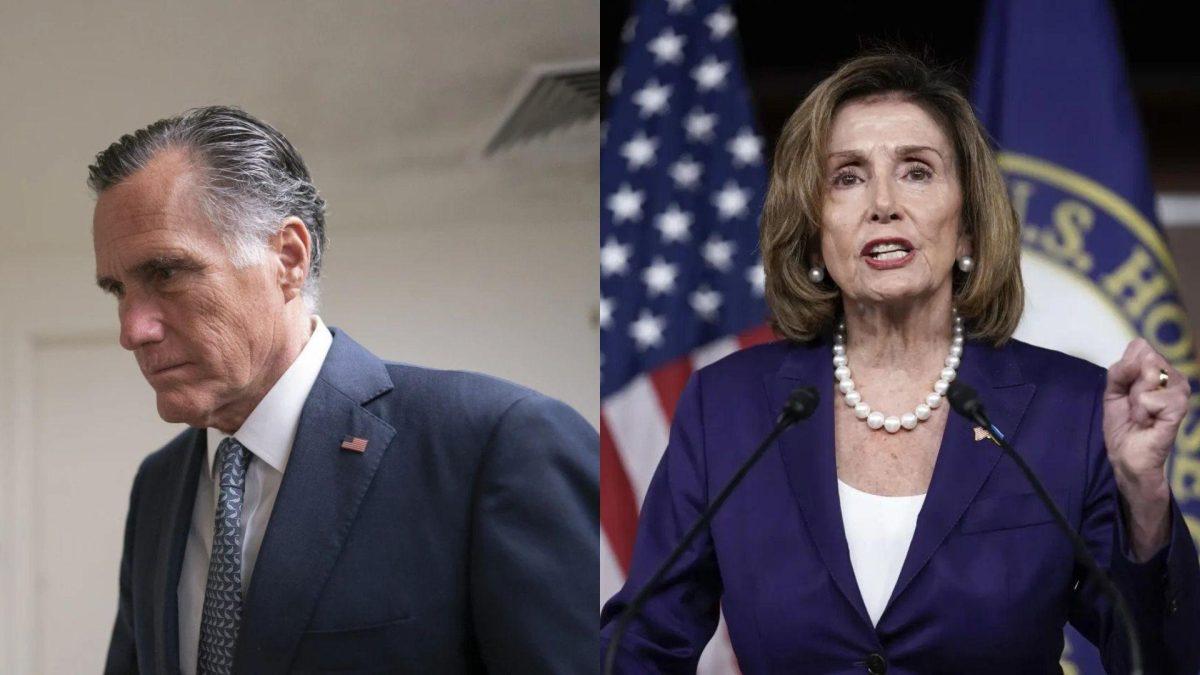Politicians are some of the most reviled people in society. Congress, in particular, is comically unpopular.
At best, they are seen as greedy, corrupt egomaniacs; at worst, they are literal demonic hatemongers.
This perception and some genuine examples have led some to embrace the famous Reagan quote that the “nine most terrifying words in the English language are: I’m from the government, and I’m here to help.”
This, in turn, has led to both the dehumanization of political opponents and widespread low political efficacy, or belief in one’s ability to affect change through civic life. These issues give rise to a range of dangerous outcomes like populist demagoguery and consistently low voter turnout.
MORE OPINION: Christian nationalism threatens gay rights in Louisiana
These ends need to be avoided, and the best way to do that is to reexamine the popular notion of the bad politician.
There certainly is greed, corruption and hate in government, but these are not universal traits shared by every person to ever run for office. It’s cynical—not just skeptical—to assign them to every politician.
In reality, the problem with government is not the job of “politician” as a concept. It’s the specific brand of self-serving behaviors and dispositions that many people who enter politics possess and promote.
This truth raises an important question: What makes a good politician? Blind dismissal and sweeping hatred for elected officials distract from this question, but it’s essential to answer if society is ever going to cultivate a government that is actually, not just officially, responsive to the needs of every individual, group and community. It cannot be answered if we simply think that good politicians can’t exist.
So, to find current examples of quality officeholders, look no further than Republican Sen. Mitt Romney of Utah and former Democratic Speaker of the House Nancy Pelosi.
Why these two? Because they are perfect encapsulations of the complexity, humanity and devotion that ultimately defines a good politician.
Romney recently announced he would retire at the end of his term rather than seek a second one next year. Pelosi, conversely, announced to her San Francisco-based district that she would seek to extend her tenure to nearly 40 years by running for reelection.
Romney, the son of the late Michigan Gov. George Romney, spent most of his adult life in business (which in this case includes some controversial events that should be neither overlooked nor essentialized as fundamental parts of his character). He was later the governor of Massachusetts and the 2012 GOP nominee for president. In 2018, he was elected as senator for Utah.
Pelosi, the daughter of the late Baltimore Mayor Thomas D’Alesandro, was first elected to the U.S. House of Representatives in 1987 after years as a mother and Democratic party operative. She was speaker twice, once from 2007 to 2011 and again from 2019 to 2023.
From these heavily condensed biographies, two things should be immediately clear.
First, they come from powerful and wealthy political families. This tends to make people harder to relate to, but people with privilege are still human beings. There’s no better evidence for this than a simple photo of Romney smiling with his family or the revealing documentary Pelosi’s daughter made about her last year.
Second, they aren’t exactly spring chickens. Then again, not all elderly politicians are incapable of doing their jobs, like California Democratic Sen. Dianne Feinstein, or at the point of self-parody, like Iowa GOP Sen. Chuck Grassley. Age and experience do bring wisdom; it just helps to actually be able to communicate it.
MORE OPINION: Jesse Watters is right about Trump appealing to Black Americans
Additionally, both Romney and Pelosi are incredibly complex figures.
They aren’t perfect. No one is. They are, however, committed to their jobs and in government, at least partially, for the right reason.
In a 2022 documentary for PBS, Pelosi talked considerably about how many of her colleagues across the aisle (Republicans) simply don’t believe in the task of governing. She did not mean they were necessarily selfish or hateful, but rather that they literally didn’t think that the government should play a substantial role in society.
She disagreed and has proven it over and over again. During the first two years of both the Obama and Biden administrations, Pelosi shepherded legitimately transformative legislation through the House. Sometimes she sought compromise, but she wasn’t afraid to work within her party when the other side was unwilling to come to the table.
Romney too has spent much of his only term in the Senate as a dealmaker and defender of democracy. That second title may seem like the bare minimum, but given the current state of his party, it’s honorable. Before, on and since the Jan. 6 insurrection, he has stood up to the more powerful and (sadly) popular figures in the GOP and done what is right.
Romney and Pelosi, for all their shortcomings and even outright flaws, are good politicians.
They believe in democracy. They believe in the importance of their offices in carrying and preserving that democracy. They believe in governing.
For these reasons, they should be treated as the models of what good governance looks like. Take or leave their policies and perspectives. Embrace or critique their strategies and styles. But always value their intentions.
Matthew Pellittieri is a history and political science sophomore from Ponchatoula.





